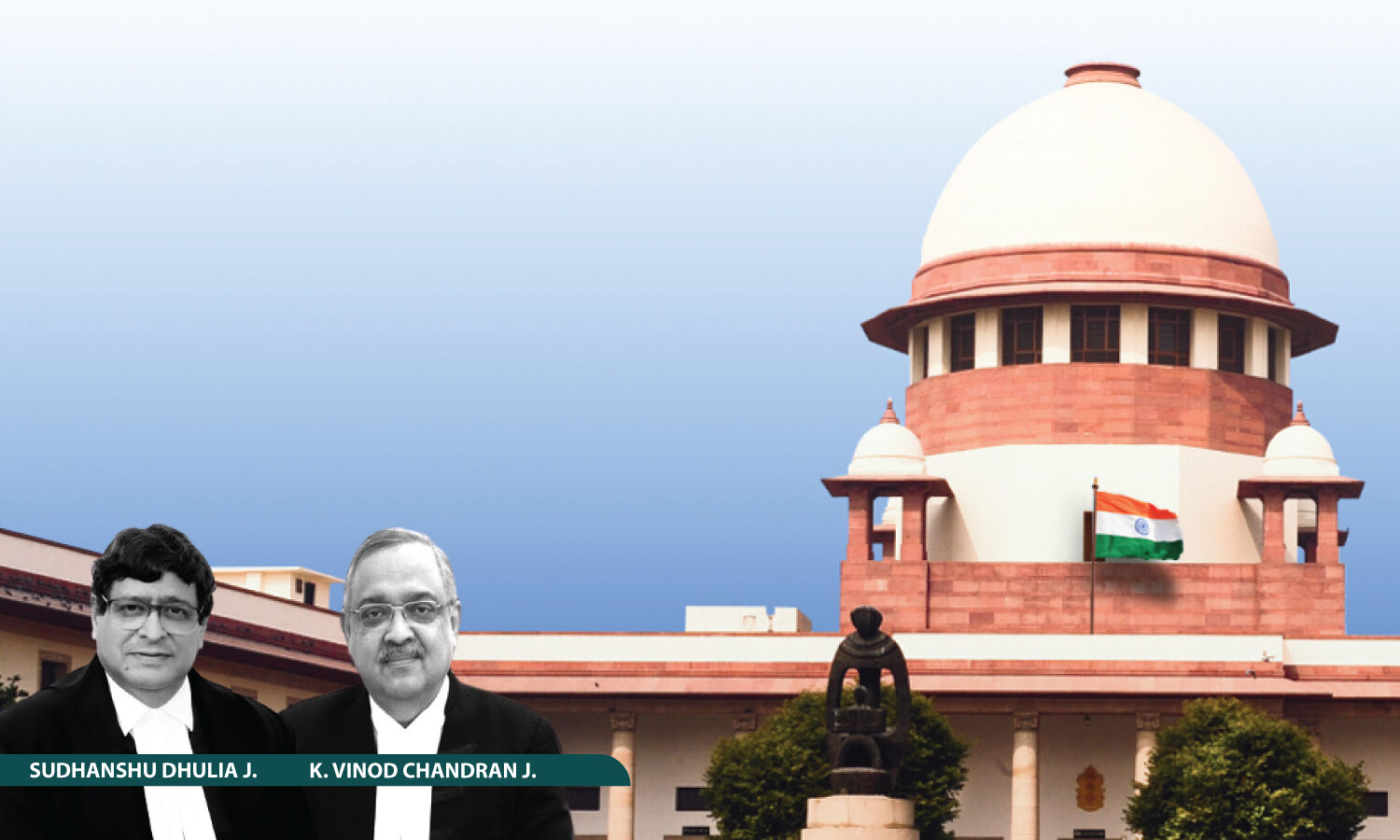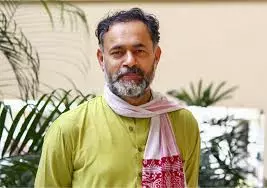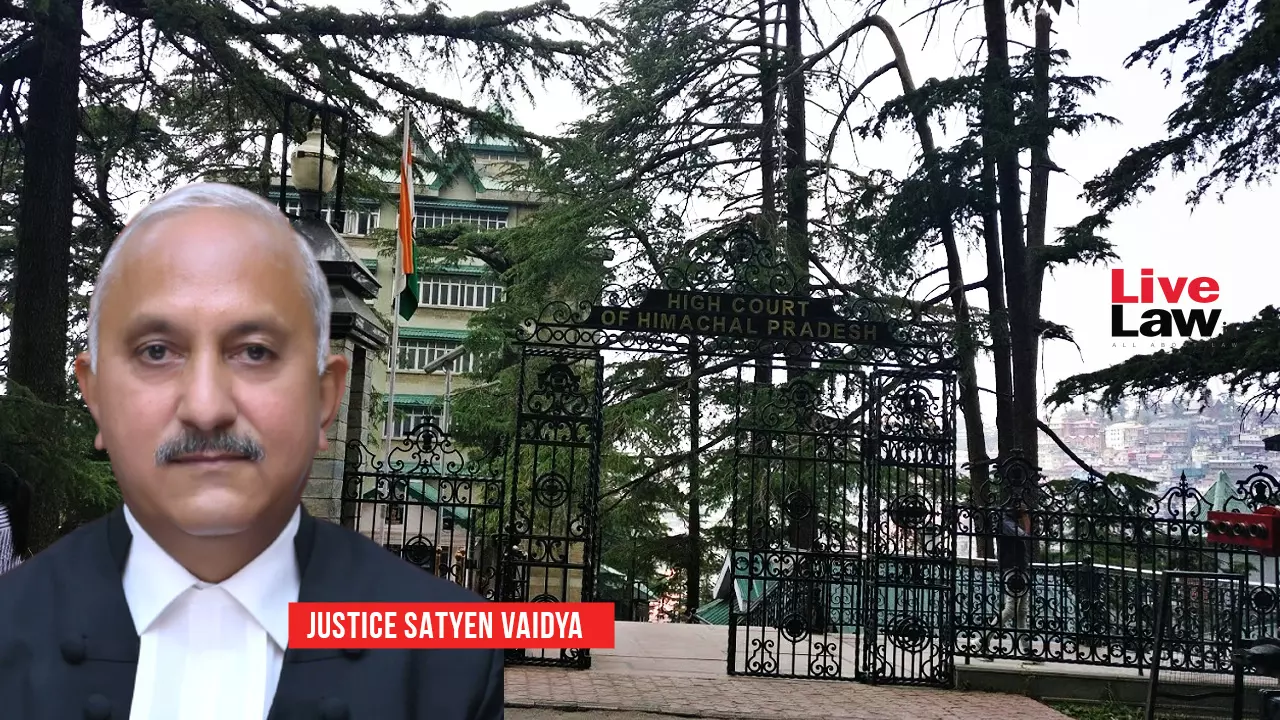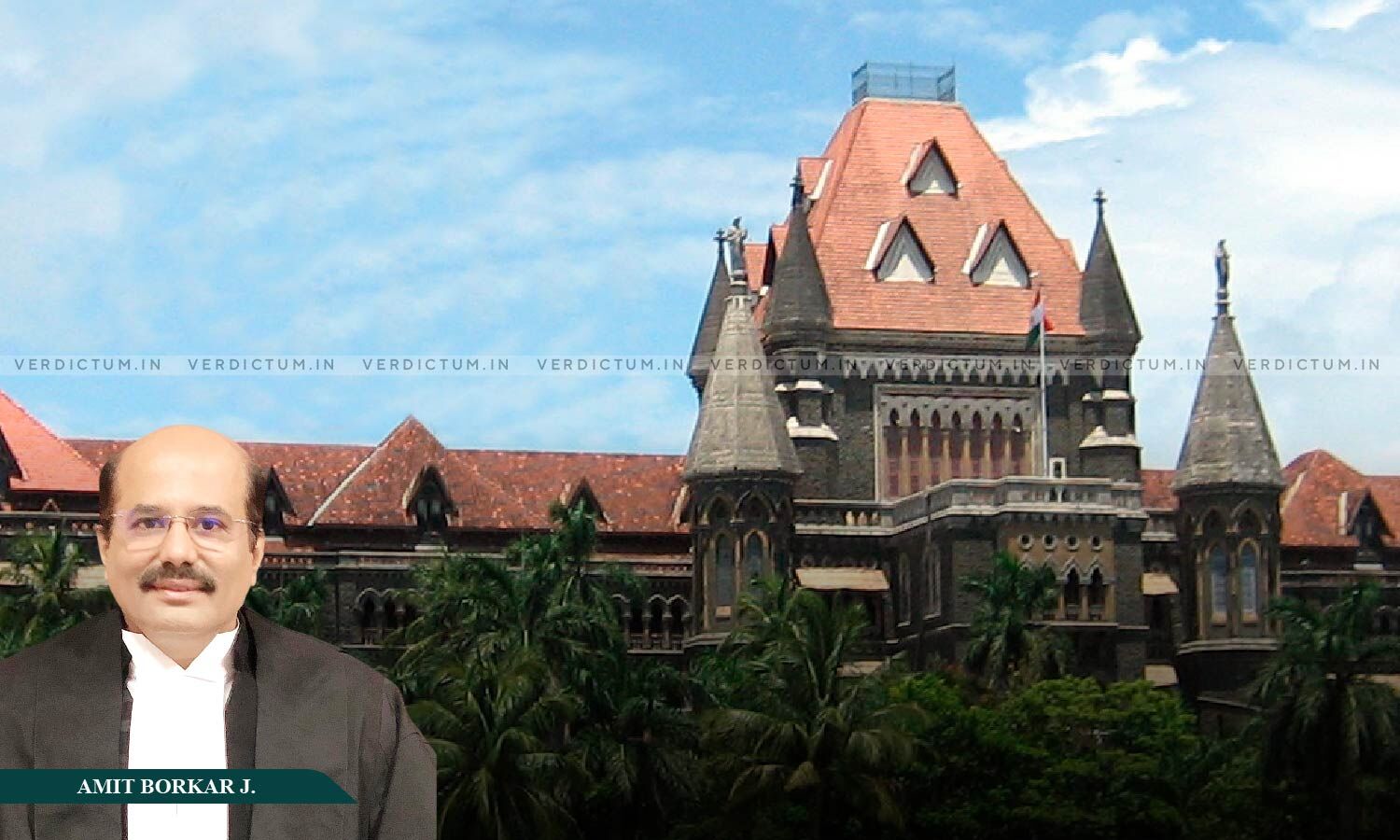Offence U/s 13(1)(e) PC Act Can Also Be Abetted By Any Person Who Is Not A Public Servant

The Supreme Court held that an offence under Section 13(1)(e) of the Prevention of Corruption Act can also be abetted by any person who is not a Public Servant.
The Court dismissed an Appeal filed by the ex-wife (Appellant) of an accused in a corruption case who was held guilty by the Trial Court of abetting her husband in acquiring such disproportionate assets. The Court upheld the decision of the Trial Court, holding that even a non-public servant can be convicted under Section 109 of the IPC read with 13(1)(e) of the Prevention of Corruption Act 1988 (PC Act).
A Bench of Justice Sudhanshu Dhulia and Justice K Vinod Chandran held that “any person who persuades a public servant to take bribes, decides to raise money through bribes along with a public servant and prompts such public servant to keep the wealth with him/her or keeps the amassed wealth of a public servant in his/her own name is guilty of committing the offence of abetment of offence under section 13(1)(e) of the 1988 Act.”
Advocate Saurabh Jain represented the Appellant, while Advocate Aakanksha Kaul appeared for the Respondent.
Brief Facts
The Appellant’s husband was convicted under Sections 13(2) and 13(1)(e) of the PC Act, whereas the Appellant was sentenced under Section 109 of the IPC read with Sections 13(2) and 13(1)(e) of the PC Act.
The Appellant, the wife of the co-accused at the time of the commission of the alleged offence, was working as an Assistant Superintendent in the Chennai Port Trust. She was prosecuted for abetting her husband in the accumulation of assets disproportionate to his known sources of income.
Court’s Reasoning
The Supreme Court referred to its decision in P. Nallammal. v. State, represented by Inspector of Police (1999), wherein it was held that “an offence under section 13(1)(e) of the 1988 Act can be abetted by any other person. After reading Section 107 of IPC and accepting suggestions of Counsel, this Court gave illustrations that how even a person who is not a public servant can abet the offence under section 13(1)(e) of the 1988 Act.”
“We must also note that the 2018 Amendment to the 1988 Act has substituted Section 12 of 1988 Act and made all offences under the 1988 Act abettable…In any case, there is no doubt that offence under section 13(1)(e) was abettable even prior to the 2018 Amendment.” the Bench remarked.
“In the case at hand, it is an admitted position that the appellant’s husband has acquired assets (disproportionate to his income), during the check period, in appellant’s name. Both the courts below have given concurrent findings on this aspect, and it is not required for us to deal with that aspect in detail,” the Court stated.
The Bench pointed out, “It is not clear from the record whether the appellant and her husband entered into a prior conspiracy to amass a huge bulk of wealth through bribery, but there is no doubt that after such disproportionate wealth was amassed, the appellant has been actively involved in concealing such wealth by keeping assets in her name. By doing so, the appellant is undoubtedly guilty of offence of abetment falling under section109 IPC read with 13(2) and 13(1)(e) of the 1988 Act.”
Consequently, the Court ordered, “Considering all the facts and circumstances of the case, we are of the opinion that the finding of both the courts below does not require any interference. The appeal is accordingly dismissed…The appellant, who is on bail, is directed to surrender within four weeks from today.”
Accordingly, the Supreme Court dismissed the Appeal.
Cause Title: P. Shanthi Pugazhenthi v. State (Neutral Citation: 2025 INSC 674)
Appearance:
Appellant: AOR Tulika Mukherjee; Advocates Saurabh Jain and Prayag Jain
Respondent: AOR Arvind Kumar Sharma; Advocate Aakanksha Kaul




